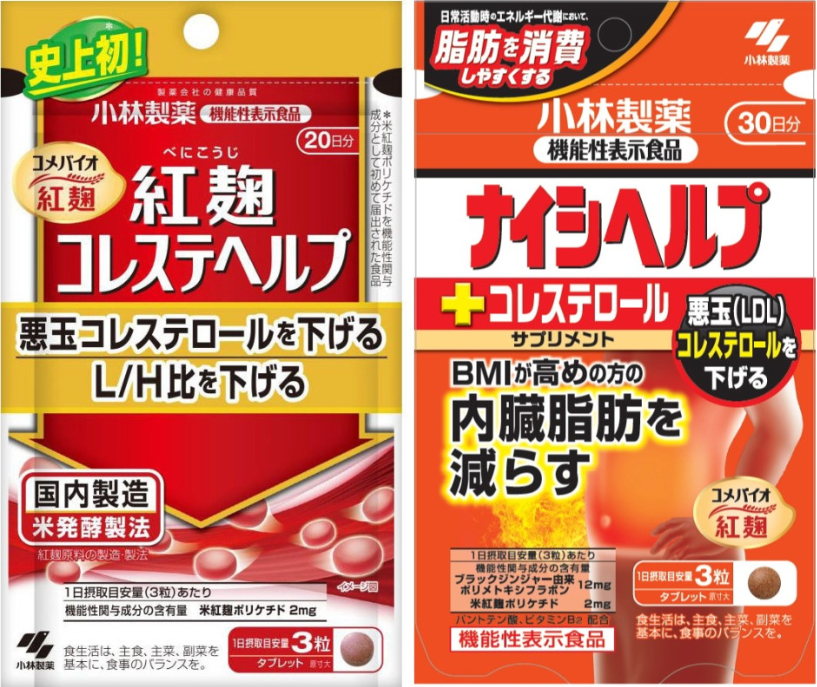Japan to draft new law for fast-growing food supplement market after toxic product scare
More than a hundred people were hospitalised for kidney disease, and five died after taking red yeast rice supplements. It is unclear what caused this health crisis, but Kobayashi Pharmaceutical, which makes the supplements, had known for months about health issues among its customers. After the COVID-19 pandemic, the supplements market has grown, also thanks to a labelling system that might have to be revised.
Tokyo (AsiaNews) – Japanese authorities are considering updating food safety legislation after a red yeast rice supplement led to the hospitalisation of more than a hundred people and the death of five others.
According to the investigation, Kobayashi Pharmaceutical, which produces the supplement, had been aware for about two months that some customers had developed health problems after taking the food supplements, but preferred not to report the matter to the authorities.
Under the existing law, manufacturers are simply "encouraged" rather than required to report any problems to the prefectural governor.
For this reason, many believe that had Kobayashi been obligated to report to the government immediately, the current health crisis could have been contained.
Most of the people hospitalised have developed kidney disease, but the cause of this is not yet clear.
In recent days, health authorities have inspected several production sites, including the company's headquarters in Osaka, western Japan, and a factory in Kinokawa, Wakayama Prefecture, which had inherited some equipment from the Osaka plant and began production of the supplement's main ingredients in January.
Kobayashi announced last week that it had detected a natural compound made from blue mould (typical of some fruits, like apples or oranges), which, according to microbiologists, could, have contaminated beni-koji red yeast rice used mainly to reduce cholesterol as a result of poor hygienic conditions.
On 22 March, the Osaka-based company began to recall three of its products from the market, an operation that will take months to complete.
Since the red yeast rice supplement was launched in February 2021, about a million units have been sold across Japan, with some exported, especially to Southeast Asia, China (where people have been urged to stop consuming it), and Taiwan.
The Japanese dietary supplement market experienced a boom during the COVID-19 pandemic.
In a report about the supplements market released last October by the Fuji Keizai Group, “the outbreak of the coronavirus” saw “an increase in attention to health management and consciousness, as well as the emergence of new demands such as measures against weight gain during the pandemic”.
After Kobayashi Pharmaceuticals opened new factories in the United States, China, and in Southeast Asia in recent years, sales of some products have more than doubled to 2.9 billion yen (US$ 22 million).
The market has thus recorded year-on-year increases of around 4 per cent, so much so that, according to the Yano Research Institute, in fiscal year 2024 it will be worth 220.8 billion yen (us$ 1.46 billion), compared to 163.1 billion yen in 2020.
In the space of three years, the food supplements market has thus grown by 30 per cent, Yano noted, driven by the sales of kinosei hyoji shokuhin (Foods with function claims, FCC) supplements, i.e., those (like cholesterol-reducing supplements based on fermented red rice) that claim to positively affect one or more physiological functions.
According to several market surveys, many products have been relabelled FCC to boost sales, after a new labelling system was introduced in 2015 by then-Prime Minister Shinzo Abe, whose administration included FCC products as part of its economic growth strategy, a system that may now be in need of an overhaul.
13/07/2017 16:47
22/09/2025 16:35
04/12/2008







.png)










